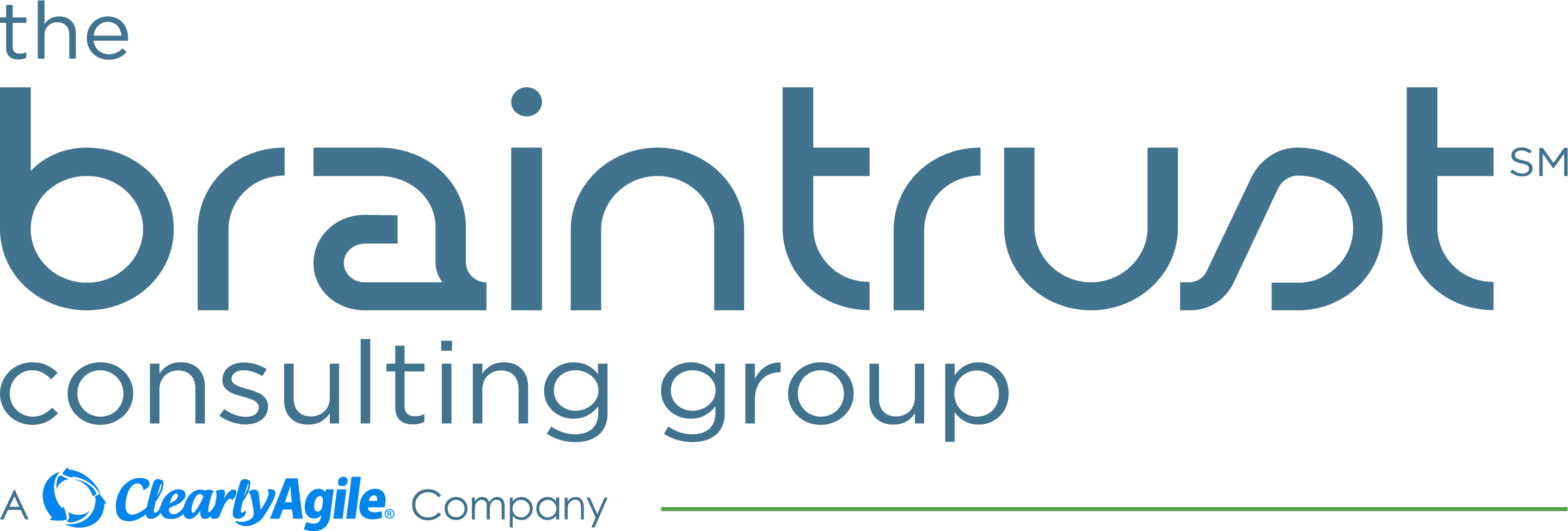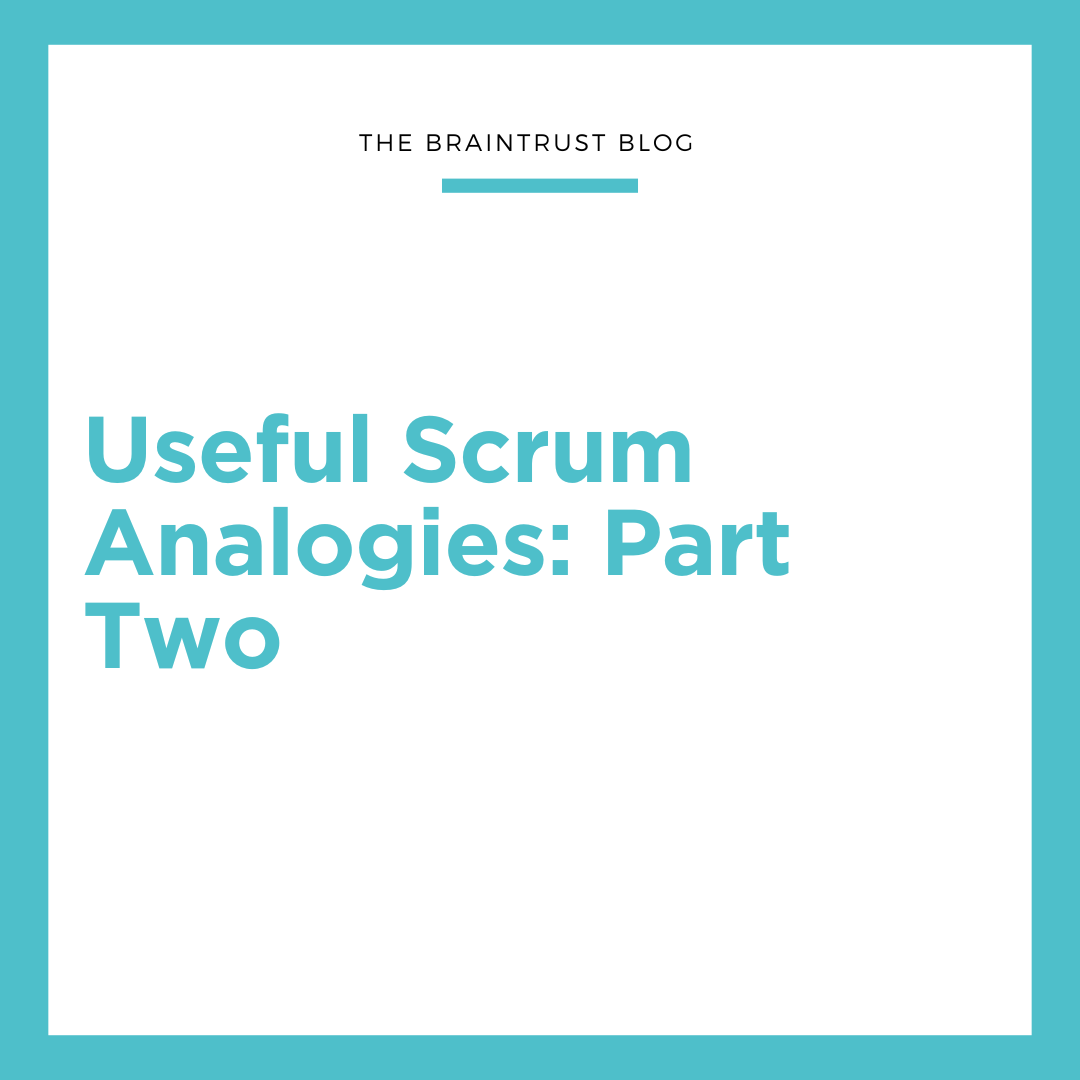What I can say is that taking the CAL II: Advanced Leadership and Validated Practice class earlier in your career is probably better than later. I’ve spent a lot of time not being as self-aware. Without that knowledge, I’ve made some epic errors along the way in my career. Some blind spots that I had prior to taking this class included everything from my leadership styles, my motivations, never having done a 360 review, or knowing how much my saboteurs have impacted my career.
Leadership Styles
I’ve learned my top leadership styles are equal parts Laissez-Faire, Strategic, Transformational, and Democratic. What I learned is that 2 Laissez-Faire and Strategic are only sometimes effective; I need to be able to read an Organization’s culture and determine what leadership style I should use, and if that’s right for me. Having been without this knowledge, I have failed epically in some leadership roles when the culture didn’t match my leadership styles.
Motivations
Learning about Motivations was really hard. I learned that I have previously focused way too much on external motivations: title, salary, prestige. Never enough on the internal motivations. This leads ultimately to failure. My internal motivations are having an impact and helping others achieve more than they thought they could. Focusing on what aligns with my internal notifications brings me the most satisfaction. External motivations are fleeting.
360 Review
The scariest part of this class for me was the 360 reviews. I had people review my performance from different perspectives: peers, subordinates, and leaders from 2 different jobs of my current company and last. I wasn’t really sure what I would get back as a result and I was afraid to look at them. The biggest standout was my complete unawareness of how people thought I was effective and the kind ways they told me I could improve. It’s a lot less scary being on the other side of it. I wish I knew that I didn’t have anything to be afraid of earlier.
Saboteurs
The saboteurs stand out the most as a blind spot and something that’s gone unchecked. I sort of knew that I had some disadvantages or not optimal thought processes. My inability to recognize the language in my thought process or realization that I could control it has had a significant impact in my career. My two highest saboteurs are that I am Restless and High Achieving. Paired together they can make work-life balance difficult.
Let me explain. One of the things that stands out to everyone is my resume. Specifically, how much time I have spent at each company. I’m labeled a “job-hopper.” I’ll just summarize real quick for you:
Company 1: 5 years, 4 months
Company 2: 1 year, 4 months
Company 3: 1 year, 6 months
Company 4: 1 year, 10 months
Company 5: 1 year, 9 months
Company 6: 1 year, 3 months
Company 7: 3 years, 4 months (technically 3 different companies, same role)
Company 8: 1 year, 11 months
Company 9: 1 year, 2 months
Company 10: 12 months and counting…
That’s an average of 1.5 years at a job for 10 different companies over the span of 21 years. I attributed this to different things, mostly external to me. I even tried medication to change this job-hopping.
When it came to interviews and why I job-hopped so much, I just told them “I get bored” and “in need of constant change” or my favorites, “I have ADD” and “It was time to grow again.” I’ve learned that my saboteurs tell me I am not good enough, far enough in my career and running when things get hard. Also, it took me months to look over significant events in my life to realize it had to do a lot with my dad’s career and the challenge he faced. My saboteurs keep telling me, “You aren’t good enough, you are going to get fired like him. Keep moving.”
What happened when I stayed at the first company for 5 years? It was during that time I watched my dad get laid off from a place he worked at for a long time. It crushed him. This was during my college years and starting a new job, which was transitional for me. This informed my opinion on what the tech industry was like for people, and I decided never to settle. I didn’t want to get attached to a place only to be laid off by it.
With this class, I have learned some strategies to deal with the saboteurs and stay focused on my current work. Ironically, it was my saboteurs that made me want to sign up for the class in the first place. What I can take away from the class is that: I have needed this specific class! I’ve also learned that in the future, I can probably forgo looking at achieving the next thing and stay in the moment where I am for a while.
What now?
I believe that finding happiness where I am at for the next 5 years is what is next for me. Working through the frustrations and using new skills for when things get hard is what I look forward to. I’d like to make a bigger impact at a company, and that takes time. I am pivoting slowly from how I’ve done things in the past to doing something more applicable to my current situation.
Conclusion
Taking training and being self-aware is essential for good leadership. I’m glad I took this class. My team has noticed a difference over the last 6 months and told me that I am more engaged than I was before taking this class. I’m looking forward to another 360 degrees since my last was so positive and think I can even improve upon it. I feel like I am empowered to handle my own saboteurs and focus on being a better leader to ultimately have a positive impact where I am.



